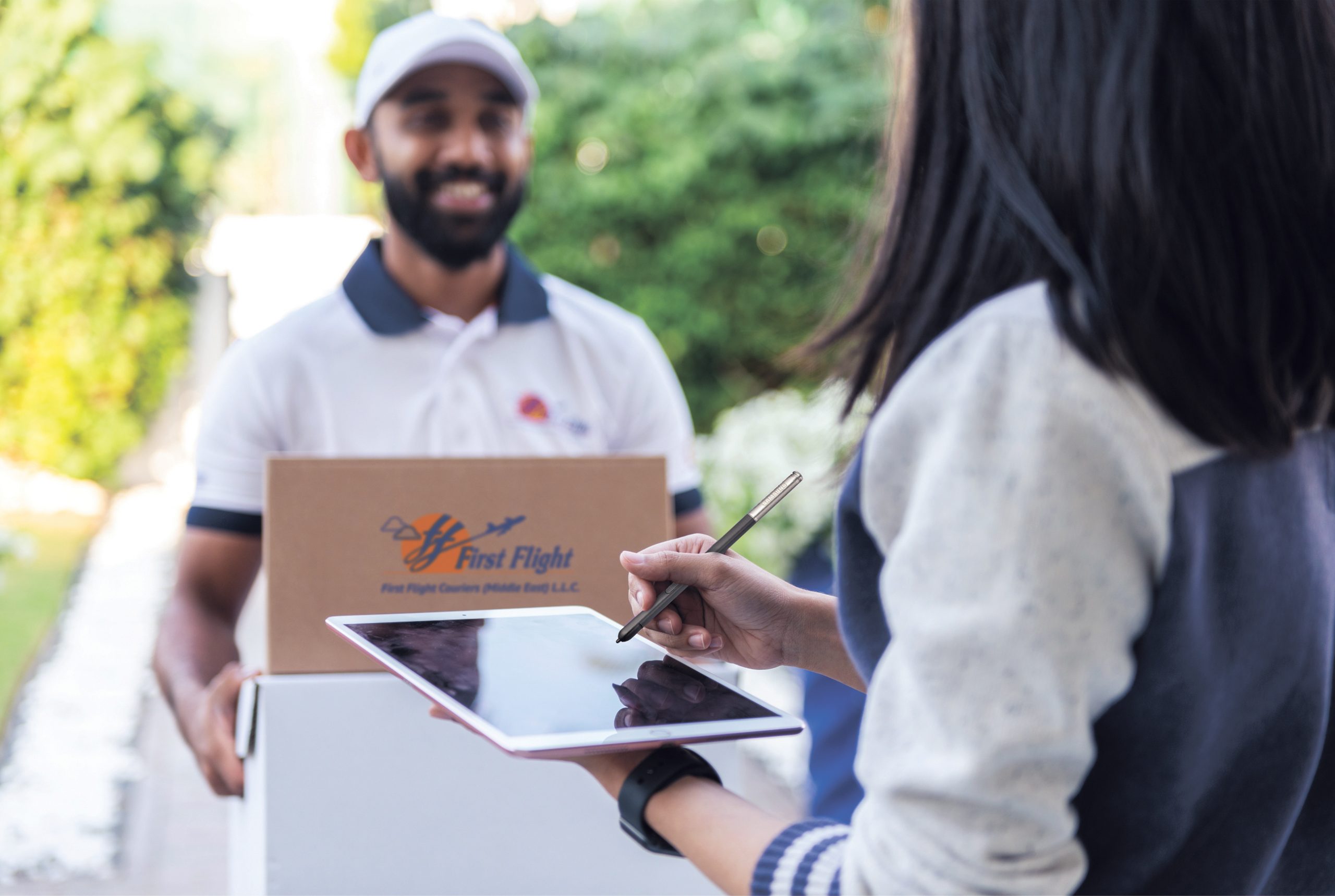
The last mile delivery, which refers to the final step of the delivery process, has become a major challenge for ecommerce businesses. The challenges of last mile delivery can vary depending on various factors such as location, volume, and nature of the product being delivered. However, there are some critical steps that ecommerce businesses can take to solve these challenges and improve their last mile delivery operations. In this blog post, we will discuss 5 critical steps to solve the challenges of last mile delivery for ecommerce business.
Embrace Technology:
One of the key steps to solve the challenges of last mile delivery is to embrace technology. Ecommerce businesses can use technology to optimize their delivery routes, track shipments in real-time, and provide customers with up-to-date delivery information. There are various software solutions available that can help businesses to optimize their delivery routes, such as Route4Me & OptimoRoute. These solutions use algorithms to optimize routes and reduce delivery times.
In addition to route optimization, technology can also be used to track shipments in real-time. Real-time tracking can help businesses to monitor the progress of their deliveries and identify any potential delays or issues. Customers can also benefit from real-time tracking as they can receive up-to-date information about the status of their deliveries.
Another technology that ecommerce businesses can leverage is the use of drones and autonomous vehicles. While these technologies are still in the early stages of development, they have the potential to revolutionize last mile delivery. Drones and autonomous vehicles can deliver packages quickly and efficiently, without the need for human intervention. Amazon has already started testing drone deliveries, and it is likely that other ecommerce businesses will follow suit in the near future.
Partner with Local Delivery Services:
Another critical step to solve the challenges of last mile delivery is to partner with local delivery services. Local delivery services have a better understanding of the local area and can provide faster and more efficient delivery services. They also have established relationships with local customers and can provide a more personalized service.
In addition to partnering with local delivery services, ecommerce businesses can also consider working with reputable courier companies that have a strong presence in the market. First Flight couriers, for instance, is a well-established courier company with 37 years of experience in the industry. By partnering with a reliable courier company like First Flight, ecommerce businesses can benefit from their extensive network of delivery partners, streamlined processes, and advanced tracking technology.
Furthermore, First Flight couriers have a strong presence in UAE & across GCC. This allows them to provide efficient and cost-effective delivery services to businesses of all sizes, regardless of their location. By leveraging the expertise of a trusted courier company like First Flight, ecommerce businesses can focus on their core operations and leave the complexities of last mile delivery to the experts.
Offer Multiple Delivery Options:
Offering multiple delivery options is another critical step to solve the challenges of last mile delivery. Customers have different preferences when it comes to delivery, and ecommerce businesses should offer a range of options to meet these preferences. Some customers may prefer next-day delivery, while others may be willing to wait a few days for their deliveries.
Offering multiple delivery options can also help to reduce the burden on last mile delivery. By providing customers with the option to collect their deliveries from a local store or locker, businesses can reduce the number of deliveries that need to be made to individual addresses. This can help to reduce delivery times and improve the overall efficiency of the delivery process.
Use Data Analytics:
Data analytics is another critical step to solve the challenges of last mile delivery. Ecommerce businesses can use data analytics to identify patterns and trends in their delivery operations, and use this information to optimize their delivery processes. Data analytics can also help businesses to identify areas where improvements can be made, such as route optimization or delivery scheduling.
One way to use data analytics is to implement a delivery management system. A delivery management system can help businesses to track deliveries in real-time, monitor delivery performance, and identify areas for improvement. By analyzing data from the delivery management system, businesses can optimize their delivery processes and improve their overall efficiency.
Focus on Customer Service:
Finally, focusing on customer service is a critical step to solve the challenges of last mile delivery. Customers expect timely and reliable deliveries, and any issues with delivery can lead to a negative customer experience. Ecommerce businesses need to prioritize customer service to ensure that customers are kept informed about the status of their deliveries and any delays or issues are promptly addressed.
One way to enhance customer service is by providing real-time tracking and delivery updates to customers. By leveraging technology, ecommerce businesses can provide customers with visibility into the status of their delivery at all times. This can help to alleviate any anxiety or concerns customers may have and ensure a positive customer experience.
Conclusion:
Last mile delivery has become a critical challenge for ecommerce businesses, but there are steps they can take to address these challenges. By embracing technology, partnering with local delivery services like First Flight Couriers, offering multiple delivery options, using data analytics, and focusing on customer service, businesses can optimize their delivery processes and improve their overall efficiency. It is important for ecommerce businesses to recognize the importance of last mile delivery and take proactive measures to overcome the challenges they face. By doing so, they can provide a better customer experience, increase customer satisfaction, and ultimately, drive business growth.